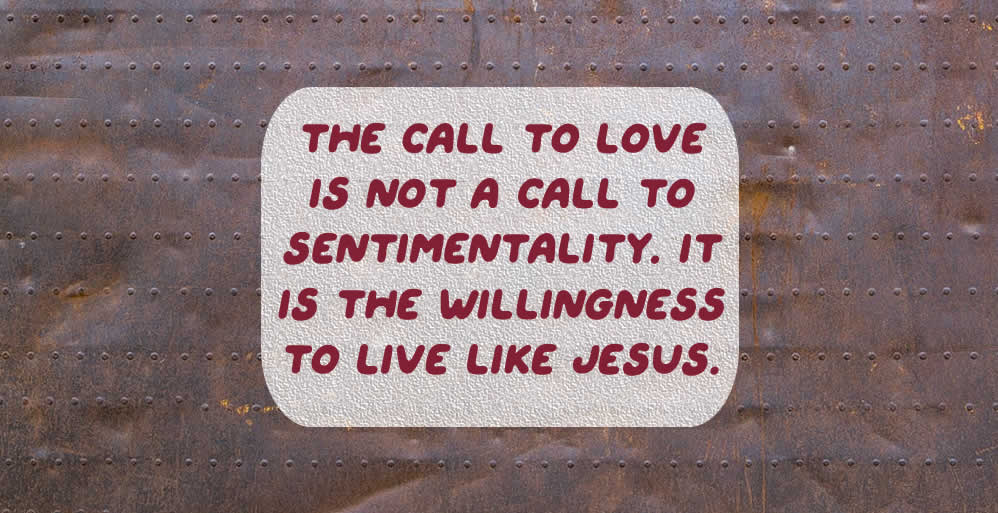“Jesus got up from the meal, took off his outer clothing, and wrapped a towel around his waist. After that, he poured water into a basin and began to wash his disciples’ feet, drying them with the towel that was wrapped around him”. John 13:4-5
One of the most poignant scenes of scripture is when Jesus kneels to wash the feet of his disciples. While it may be tempting to rush past this event, to hear the words of institution or go with Christ to Gethsemane, we would do well to sit and observe the Lord’s humble action. John records that in this small action Jesus offered “the full extent of his love.”
Jesus knew that the Father had put all things under his power. His time had finally come. Jesus had arrived at the time where his victory and kingship would be revealed. Yet, instead of a thunderous expression of strength and divine might, Jesus silently gets up from the table. In an act of audacious humility, Jesus takes off his outer clothing, wraps a towel around himself, and begins to wash the disciples’ feet. Just as the divine glory is set aside in the incarnation, here, the glory of Christ’s own humanity, as Rabbi, Messiah, and King, is set aside in service to the disciples. The love of Jesus reaches down to the lowest place of life to redeem and to heal.
What the disciples must have thought as this occurred. Did they try to gussy themselves up in that moment? Did Andrew try to pre-emptively wipe off the dust? Did Bartholomew slyly dump water on his feet so they would not be as dirty when Jesus approached? We know that Peter initially rejected the offering.
Do we attempt to cover the dirt before him who comes to wash us? Do we ever attempt to mask the hurts, the mistakes, the sins? Like tidying up before the house cleaners come, we sometimes try to cover over the messiness of our lives, lest Jesus see our truest needs. Yet if we do so, we miss out on the fullness of Christ’s love. For that lowest of places, that place of deepest need, is the very place where Jesus offers us the fullness of his love. All that is required of us is to receive.
By Rev. Kyle Norman
Used by Permission
FURTHER READING
• Eternal Love
• Fully Surrender to the Lord
Learn more about knowing Jesus at: https://thoughts-about-god.com/four-laws/
Follow Us On:








